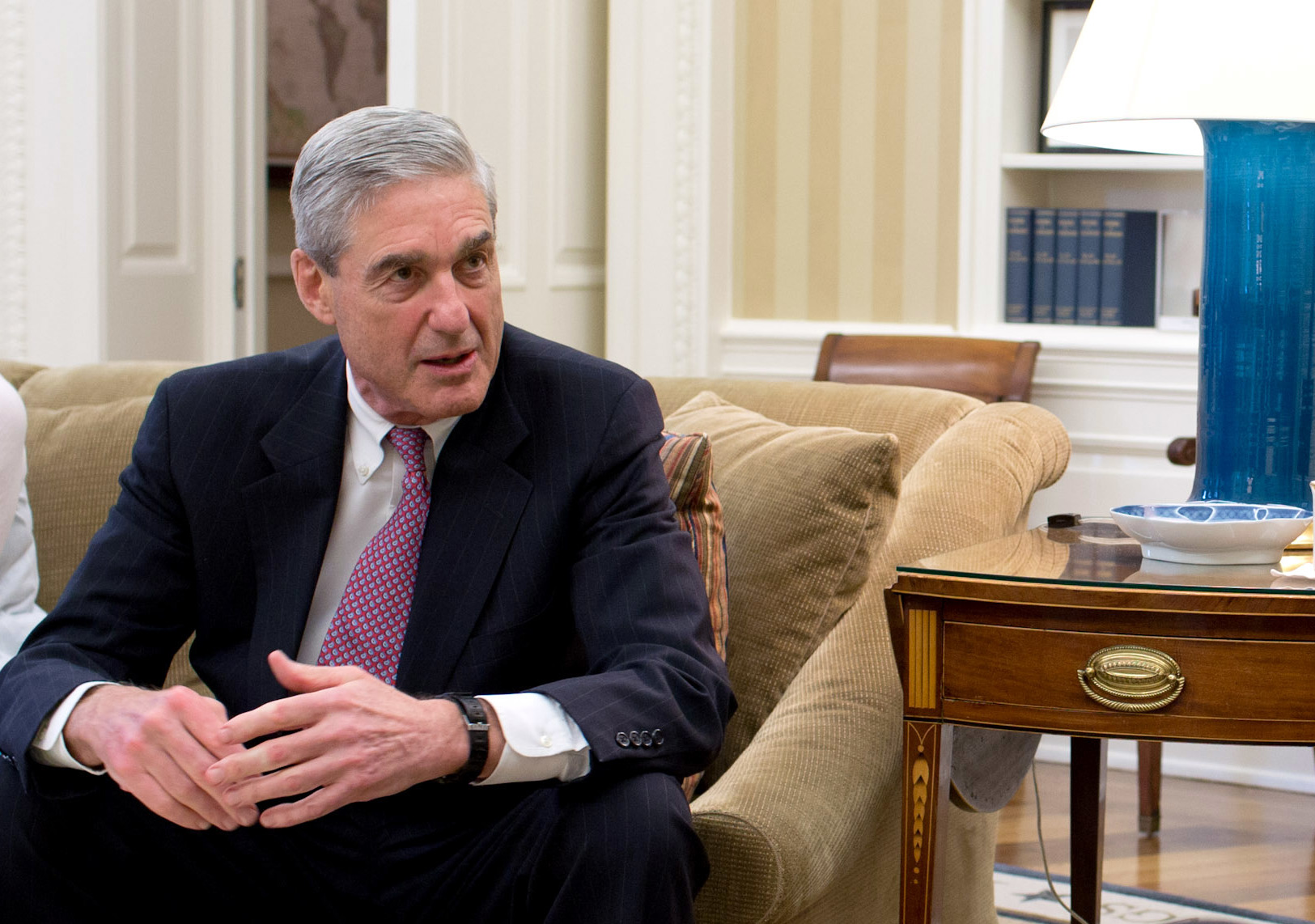
Photo Credit: Official White House Photo by Pete Souza, Public Domain
It’s no secret that President Donald Trump has not taken kindly to the ongoing probe led by Robert S. Mueller III, former FBI Director and current special counsel in charge of investigating possible collusion between the administration and Russia leading up to the 2016 election.
According to recent reports from the New York Times, Trump has already threatened to shut down the probe and fire Mueller on at least two occasions: once in June and a second time in December.
In June, right after Mueller was hired as special counsel, the President attempted to fire the former FBI Director through White House Counsel Donald F. McGahn, who resolutely declined and threatened to resign if Trump continued to push for Mueller’s termination. McGahn rejected the President’s argument that Mueller was unfit for the office due to an alleged conflict of interest – Trump contended that a previous dispute between himself and Mueller over a golf course in Washington DC was grounds for termination.
The President was at it again in December, after he read news reports suggesting that investigators had obtained subpoenas in order to track down evidence of Trump’s transactions with Deutsche Bank – a move that crossed the President’s “red line.” Eventually, the President discovered that those subpoenas were aimed at other people and he backed off. But what if Trump pursues Mueller again? Can he fire the special counsel? And what would the consequences be if he did?
Close Friend Weighs In
Pundits and politicians alike have been pondering these questions over the past few weeks, and one of Trump’s closest friends and advisors has explicitly warned against it. Roger Stone, a Republican political consultant and a friend of the President’s, told ABC News that it would be a mistake: “I actually think from a political point of view that the termination of Mr. Mueller would probably give the Democrats the firestorm they’re looking for.” He continued, “I would not recommend that.”
Hydra’s Many Heads
Democratic Representative Ted Lieu (of California) has put forth his own criticism of firing Mueller. According to Lieu, it would be a meaningless gesture, akin to chopping off one of Hydra’s regenerative heads. He put it this way: “The prosecutors and FBI agents at the Department of Justice here in DC, the Brooklyn prosecutors, the prosecutors at the Southern District of New York, and all those FBI agents, they understand that their oath is to the Constitution.” He continued, “Their investigation keeps on going.”
Asha Rangappa, a former FBI special agent and current analyst for CNN, echoed Lieu’s remarks on New Day, saying “These investigations will go on one way or another, and anyone who steps in and tries to quash them without a legitimate basis will leave a paper trail revealing their attempts to obstruct justice.”
Can He Do It?
But can Trump fire Mueller? There is some disagreement on that issue. The current regulation holds that only the Attorney General (Jeff Sessions in this case) can fire the special counsel “for misconduct, dereliction of duty, incapacity, conflict of interest, or for other good cause, including violation of Departmental policies.” And since Sessions has recused himself for conflict of interest, the responsibility of firing the special counsel falls to Deputy Attorney General Rod Jay Rosenstein, who has expressed utmost respect for Mueller and doesn’t appear to have any intention to force him out.
Where There’s a Will…
Legal experts have suggested that Trump could (technically) find a way to shut down Mueller’s investigation. He could, for instance, fire Rosenstein, at which point the U.S. attorney for the Eastern District of Virginia would take over, and the President could continue firing US attorneys until he found one that would do his bidding. But as former acting Solicitor General Neal Katyal put it: “Trump has all sorts of powers […] That doesn’t mean exercising them is wise or comports with the rule of law. If he fires Mueller or Rosenstein to protect himself, it is an impeachable offense and will trigger a constitutional crisis.”
A Pertinent Bill
A bill proposed by a bipartisan group of Senators could protect Mueller from the fiery rage of President Trump, who recently expressed his fury after finding out that the FBI searched the home of his personal attorney, Michael Cohen. The legislation, entitled the Special Counsel Independence and Integrity Act, would cement regulations already in place to prevent the firing of the special counsel and would provide a 10-day window for judicial review of the decision to remove Mueller. The Senate is likely to pass the bill, but the House might resist the move.
At the end of the day, it is unlikely that firing Mueller will end the investigation. The other attorneys and FBI agents will continue to pursue the facts unless and until they are specifically ordered to end the investigation by the Assistant Attorney General (or the Attorney General if Sessions is removed).



Leave a Comment